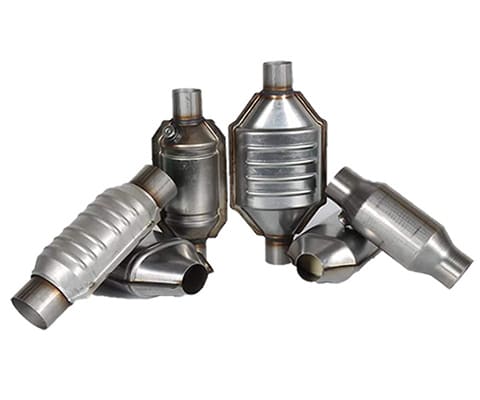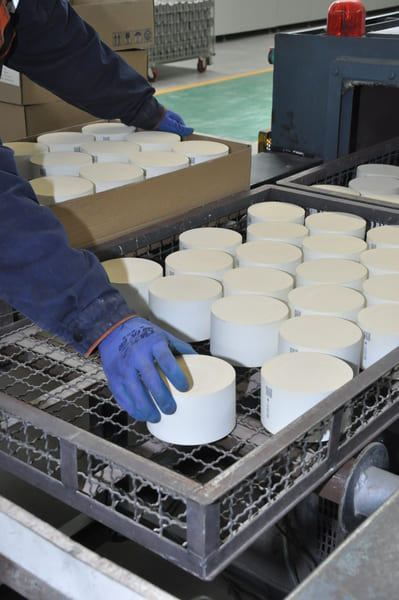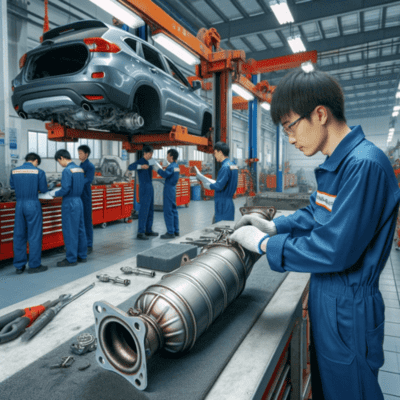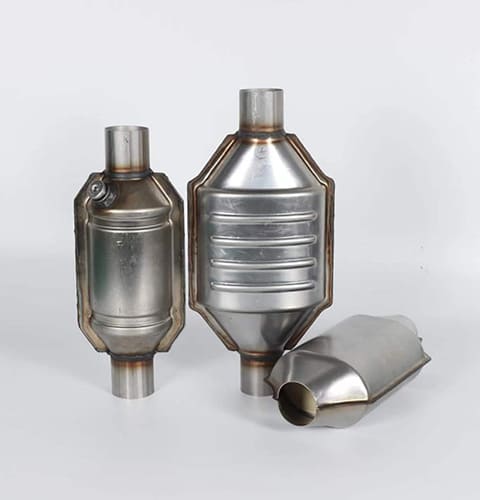Have you ever found yourself in a quagmire while dealing with warranty and liability issues in catalytic converter wholesale? What are the best practices for handling these complex scenarios? Imagine being a wholesaler faced with a defective batch of catalytic converters – what steps should you take to protect your business and satisfy your clients?
Handling warranty and liability issues in the wholesale business of catalytic converters is a delicate balancing act. It requires a thorough understanding of legal obligations, customer expectations, and product knowledge. The key is to establish clear warranty policies that align with industry standards while ensuring compliance with legal requirements. This involves staying updated with the latest regulations in emissions standards and automotive parts warranties. A well-crafted warranty policy not only protects your business from legal pitfalls but also builds trust with your customers, fostering long-term relationships.
Understanding the importance of this topic is crucial for the success and sustainability of your business in the competitive world of automotive parts wholesale.

What Are the Common Warranty and Liability Challenges in Catalytic Converter Wholesale?
Legal Requirements and Customer Expectations are two significant challenges in this industry. How can wholesalers ensure compliance with laws such as the Clean Air Act, which dictates specific standards for emissions-related components? Additionally, what strategies can be employed to meet or exceed customer expectations in terms of product quality and warranty coverage?
How to Effectively Manage Customer Claims and Returns?
Managing customer claims and returns effectively is vital for maintaining customer satisfaction and business reputation. What are the best practices for processing claims? How can technology aid in streamlining this process, ensuring efficiency and accuracy?

What Role Does Quality Control Play in Minimizing Warranty Issues?
Implementing stringent Quality Control measures is essential in reducing the incidence of defective products and subsequent warranty claims. How can wholesalers enforce quality control in their supply chain? What are the industry benchmarks for catalytic converter quality and testing?

How Can Wholesalers Stay Informed About Legal Changes Affecting Warranties?
The legal landscape surrounding automotive parts warranties is ever-evolving. What resources can wholesalers use to stay informed about these changes? How can they adapt their warranty policies to comply with new regulations?
Conclusion
Navigating the complexities of warranty and liability in catalytic converter wholesale requires a multifaceted approach. By understanding legal requirements, prioritizing customer satisfaction, enforcing quality control, and staying informed about legal changes, wholesalers can effectively manage these challenges. This not only protects their business but also enhances their reputation in the market.


